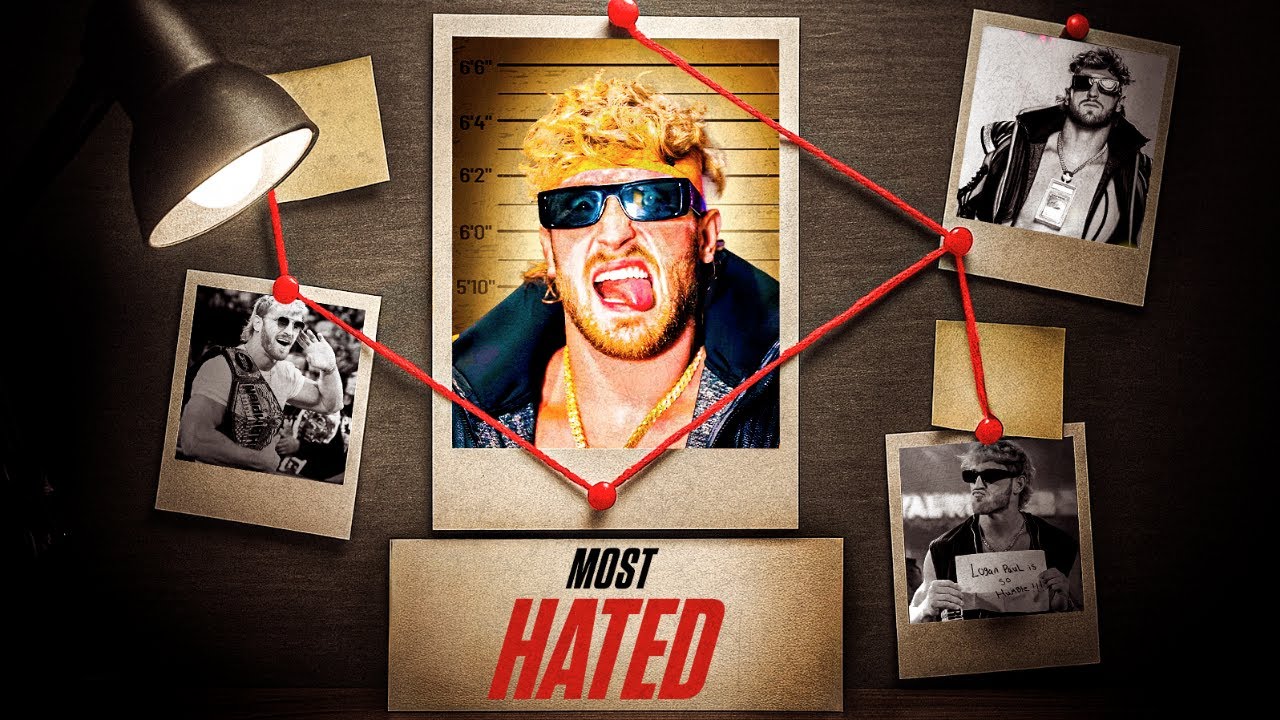How Logan Paul Became the Most Hated Man in WWE

Professional wrestling has always held up a funhouse mirror to the world, creating its most effective villains not from fiction, but from the anxieties of the era. In the 1980s, when geopolitical tensions were high, The Iron Sheik became the avatar of American frustration with the Middle East. During the Gulf War, Sgt. Slaughter’s televised defection to Iraq was a deep betrayal of national identity. WWE doesn’t invent its antagonists; it finds them in the cultural zeitgeist. And in our current age of algorithm-fueled fame and polarizing influencers, the company has found its perfect, most hated villain in Logan Paul.
The animosity directed at him is complex, a blend of legitimate criticism and uncomfortable self-reflection. On the surface, the hatred is aimed at the perceived injustice. He is the man who skipped the line. He did not toil in small-town arenas for years; he walked into WWE’s main event scene with a level of fame and fortune earned in an entirely different universe, immediately putting on high-caliber matches against the likes of Roman Reigns and Seth Rollins. To the wrestling purist, this is a violation of a sacred code—a disrespect to the dues paid by generations before him.
But a deeper look reveals a more unsettling truth, one rooted in the very nature of modern envy. Paul is the embodiment of everything our culture simultaneously resents and desires: he is rich, famous, physically impressive, and achieved it all at a dizzying speed. As philosophers like Nietzsche observed, when people feel they cannot win in reality, they often create a moral high ground from which to judge. It is easier to label him as “fake” or proclaim “he didn’t earn it” than to confront the uncomfortable feeling that his success represents a version of life many secretly wish for.
Ultimately, to judge Logan Paul solely within the wrestling ring is to miss the point entirely. He is a grandmaster of a different sport: the attention economy. His entire career, from chaotic Vine videos to controversial boxing matches, has been a masterclass in weaponizing outrage. He understands a modern truth better than anyone: indifference is the only true failure. He doesn’t need your love; he just needs you to feel
something, and the boos of a sold-out arena are, to him, just another form of engagement.
This is why he is the perfect villain for our time. He doesn’t represent a foreign threat, but an internal one. He reflects our own complicated relationship with fame, merit, and attention. And whether you cheer, boo, or simply watch in disbelief, you are playing your part in his narrative: